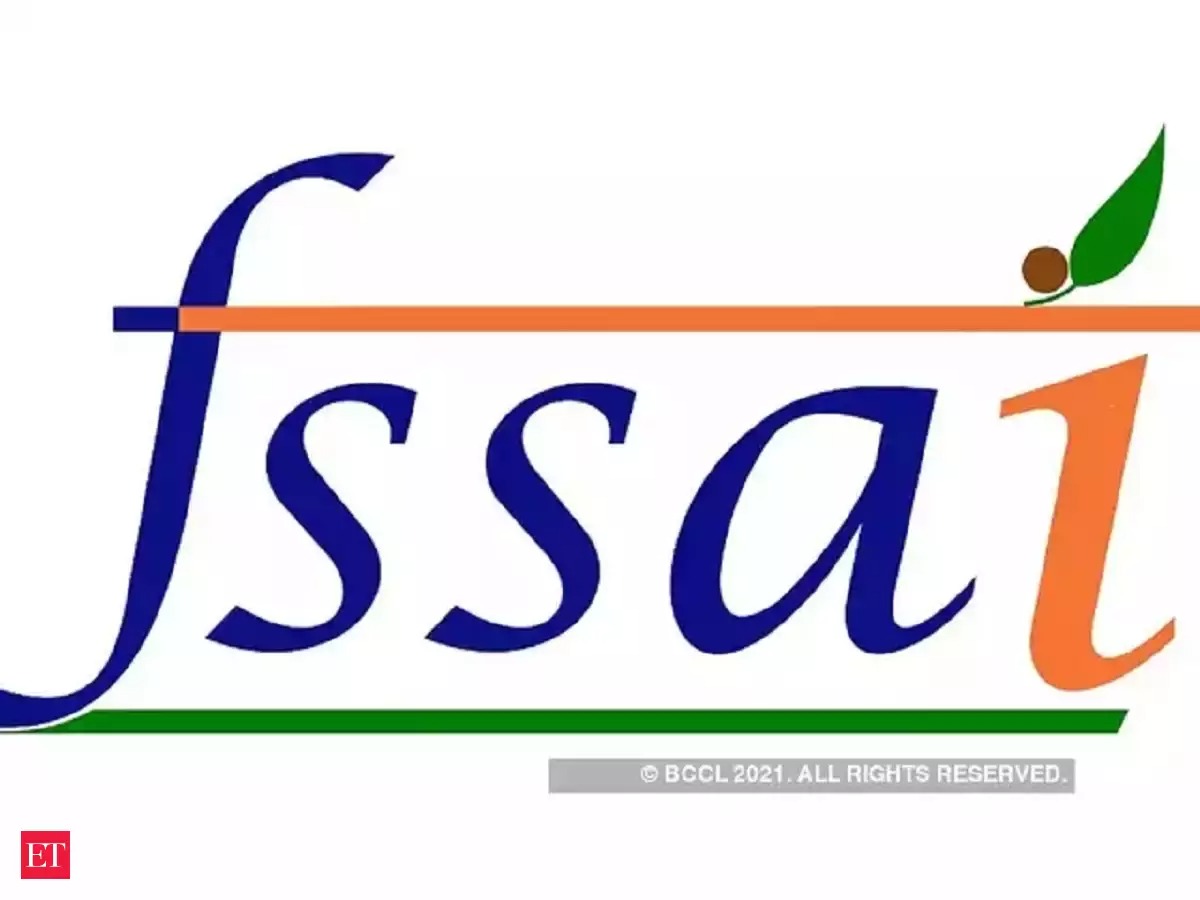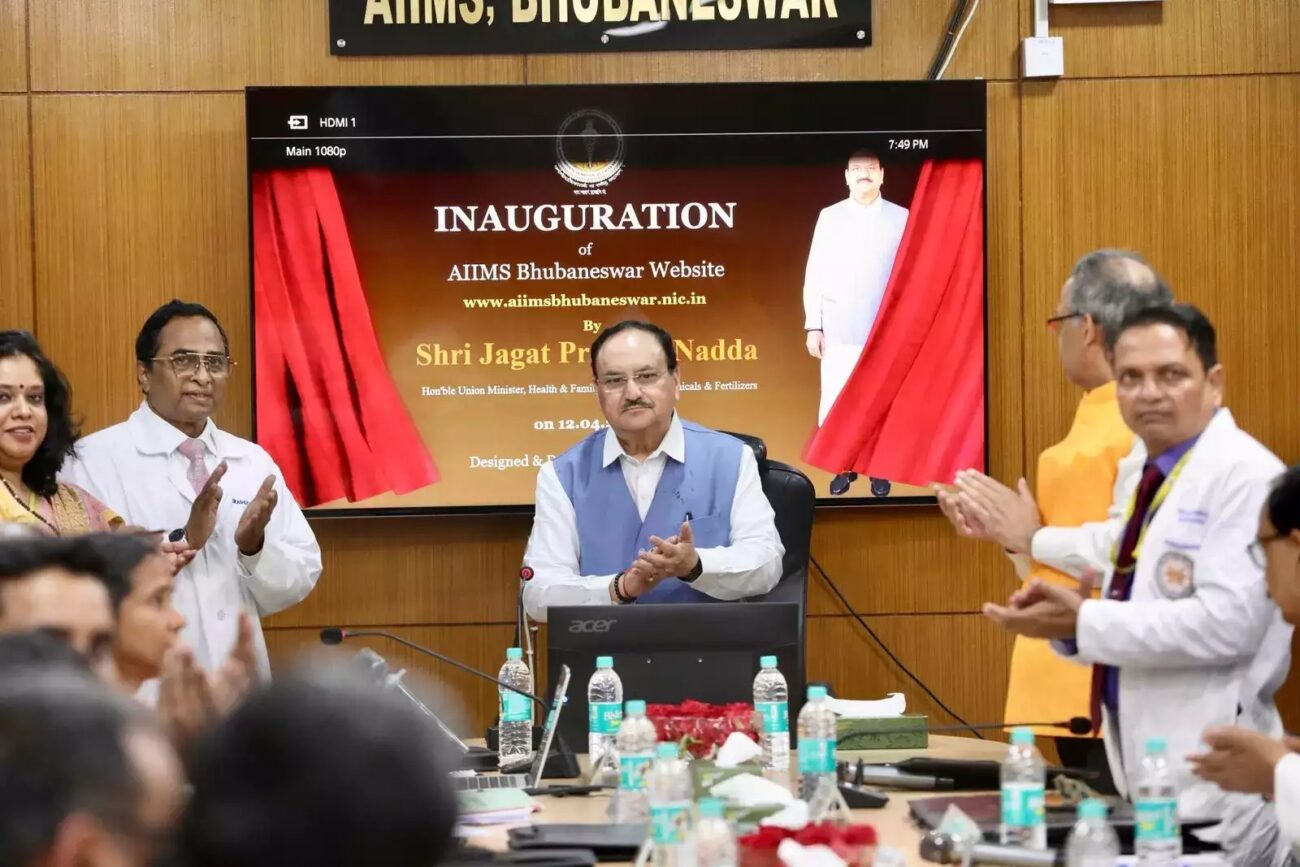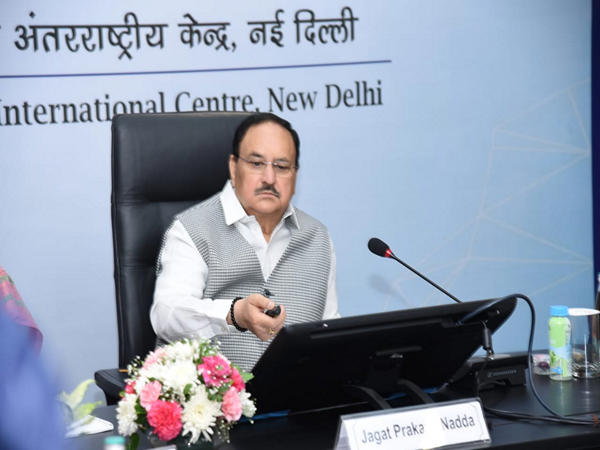Doctors concerned that FSSAI’s proposed food label will fail to have any impact on public health
Top doctors are concerned that the food labelling system proposed by FSSAI for which they are currently seeking public comments will fall short of fulfilling its main role. Front-of-package warning labelling is gaining traction across

Top doctors are concerned that the food labelling system proposed by FSSAI for which they are currently seeking public comments will fall short of fulfilling its main role. Front-of-package warning labelling is gaining traction across the world as an important strategy to improve public health as it helps consumers to identify in a quick, clear and effective way, products high in sugar, sodium, saturated fats, trans fats and total fats, critical nutrients associated with the spiralling burden of non-communicable diseases (NCDs). Consumption of packaged and ultra-processed foods and beverages has increased exponentially across India, regardless of income-level or rural-urban settings. Doctors have been warning that this paradigm shift in diets is a leading cause of India’s rising diabetes and cardiovascular disease burden
Termed ‘Indian Nutrition Rating’ (INR), the recently published draft regulation for a front-of-pack nutrition label (FOPL) is based on a ‘star rating’ system, which experts across the world have rated as least effective in achieving health benefits. For over a year, leading doctors of India, including paediatricians, endocrinologists and cardiologists from institutes of national importance, have urged that clear warnings on the front of food and beverage packets should be a priority for India if it were to avert a catastrophic public health crisis.
It is now or never for the right type of remedial action, according to Prof Umesh Kapil, President, Epidemiological Foundation of India, “We are consuming dangerous quantities of packaged foods that are processed with high levels of added sugars, sodium, saturated fats, and refined carbohydrates – all of which are directly linked to a higher risk of diabetes, liver and kidney damage, heart disease, and some cancers. The true purpose of front-of-pack label is to give clear and unambiguous information about the health value of a food product, that helps people make the right choice. Even though well intended, FSSAI’s proposed India Nutrition Rating, is unlikely to serve that purpose.”
While there are a number of food labelling systems to choose from – Warning Labels, the Traffic Light System, Nutri-score, Guideline Daily Amount, and Health Star Rating (HSR), research and consumer surveys indicate that Warning Labels outperform all other labels in their ability to help consumers make healthy choices. Several studies in India, conducted by apex medical and research institutes such as All India Institute of Medical Sciences (AIIMS) and International Institute of Population Sciences (IIPS), have found that consumers prefer clear warning labels that indicate if products are high in unhealthy ingredients. FSSAI’s proposed food label gives consumers a star rating based on both negative and positive nutrients. “This will confuse consumers. The concept that unhealthy food becomes healthy by adding fruits or nuts is flawed. The stars are assigned by a complex scoring system, that values positive factors such as added nuts even if the food product has high content of sugar or saturated fat. Even the unhealthiest food product may get two stars and gain a false ‘health halo.’” explained Dr Kapil.
Citing the observational study conducted by AIIMS, earlier in 2022, Dr Pankaj Bharadwaj, Professor, Community Medicine, AIIMS Jodhpur and co-author of the study said, “Our research corroborated a growing body of global evidence that labels which only highlight nutrients of concern, ie, warning labels, work best to safeguard public health. It results in immediate public health benefits. All the more reason why India, which accounts for 25% of the global burden of heart disease, must go for the gold standard.”
Applauding FSSAI for prioritizing FOPL as a key strategy to advance India’s commitment to better nutrition, Dr Suneela Garg, Immediate-Past President, Indian Association of Preventive and Social Medicine (IAPSM), said, “India’s decision will impact how the world thinks. We have enough research and clinical expertise to be confident that clear warnings would work best if our focus were to safeguard the health of our citizens, especially the youth and children in the coming decades. A star rating-based system INR is inadequate and must be reconsidered. It misrepresents the healthiness of unhealthy products and increases the likelihood of misleading consumers. For example: A packet of candy or a soft drink with added calcium or vitamins may rate itself higher as per this system, not providing enough information to the consumer about whether the dangerous nutrient, whose consumption needs to be reduced, is still present in excess or not.”
Learnings from Australia and New Zealand, countries that have implemented Health Star Rating, indicate that star-based FOPL not only mislead consumers, they also fail to incentivize food companies to reformulate and make their food products healthier. Public health experts have questioned FSSAI’s decision to rely on the findings of an IIM Ahmedabad report to back its choice of a star rating system. FSSAI issued a draft FOPL regulation on 20th September. The draft, open for public comments until 19th November, has invited a fresh round of deliberations by doctors, public health experts and consumer rights organisations.






